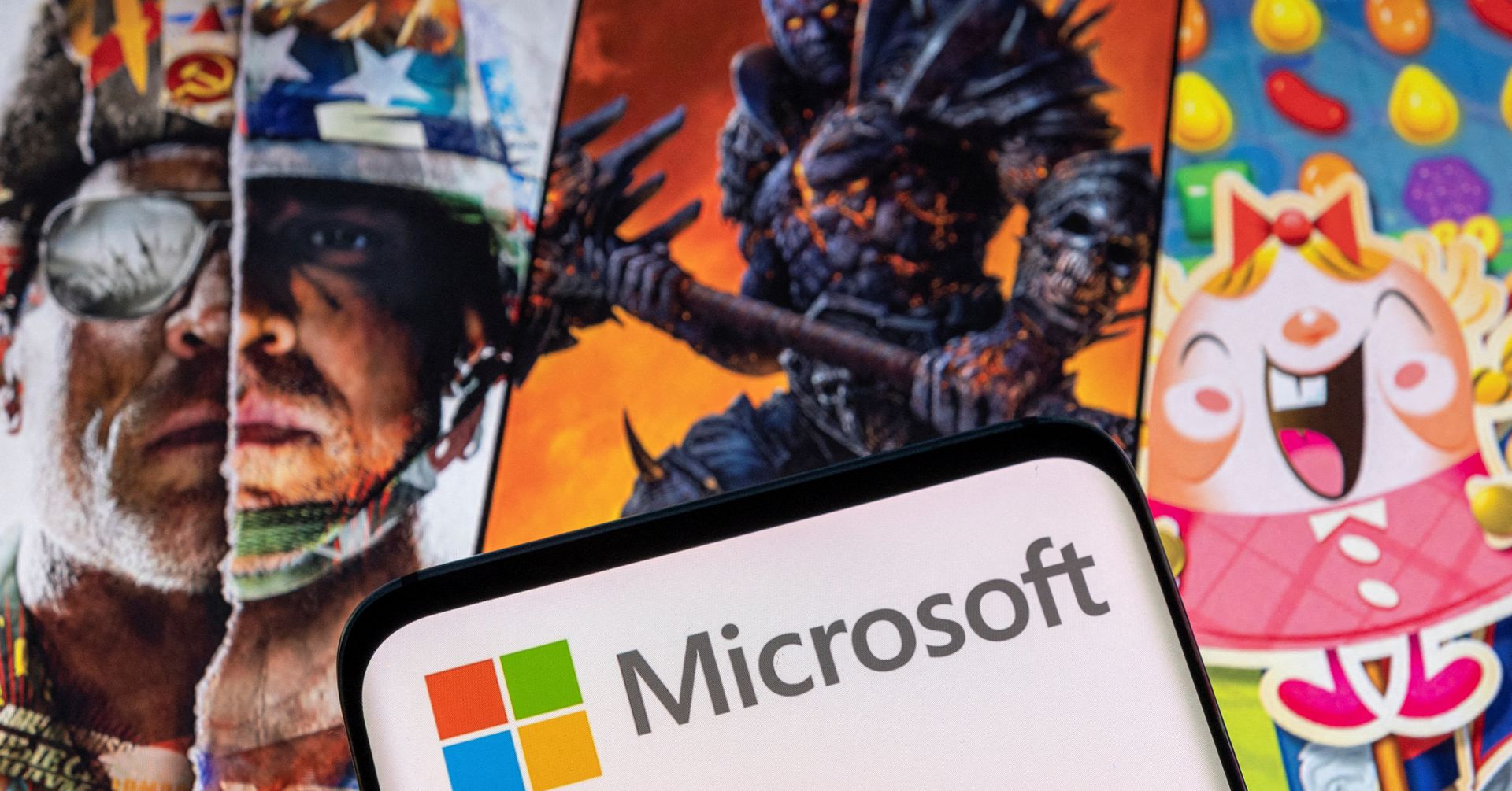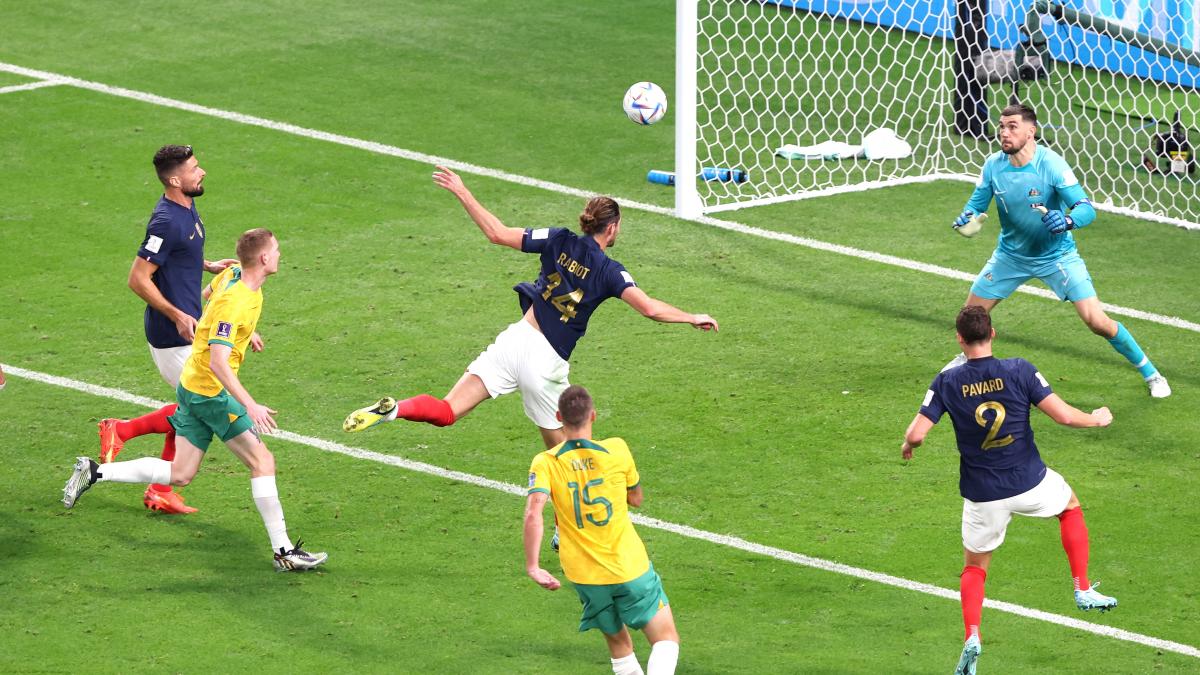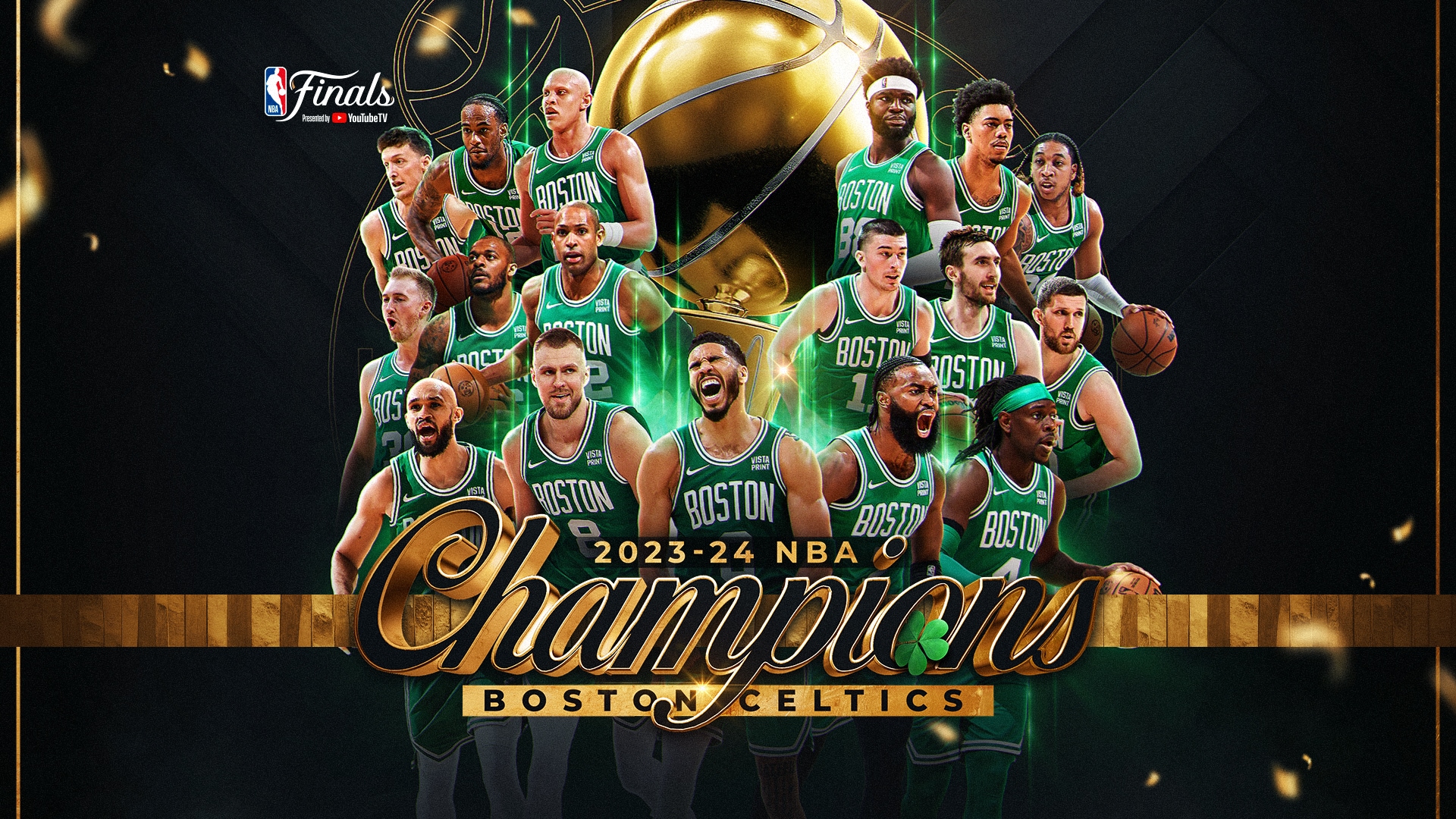Microsoft Activision Merger: FTC Files Appeal Against Court Decision

Table of Contents
The FTC's Arguments Against the Merger
The FTC's appeal against the Microsoft Activision Merger centers on concerns about the deal's anti-competitive implications. Their primary argument revolves around the potential for Microsoft to leverage its control over Activision Blizzard's popular franchises to stifle competition and harm consumers.
Concerns about Anti-competitive Practices
The FTC argues that the merger will create a monopoly, particularly in the burgeoning cloud gaming market. Integrating popular titles like Call of Duty, World of Warcraft, and Candy Crush into Microsoft's Xbox Game Pass subscription service would give them an insurmountable advantage.
-
Reduced consumer choice and innovation: The FTC believes the merger will limit choices for gamers, potentially leading to higher prices and reduced innovation due to less competition. This lack of choice directly impacts the gaming experience and could discourage the development of alternative gaming platforms.
-
Exclusion of competitors: Microsoft might use its newfound control over key franchises to exclude rivals from the cloud gaming market, creating a barrier to entry for smaller competitors and limiting consumer access to diverse gaming experiences. This could lead to a less dynamic and competitive gaming market overall.
-
Lack of sufficient remedies: The FTC contends that the proposed remedies offered by Microsoft to alleviate anti-competitive concerns, such as keeping Call of Duty on PlayStation, were inadequate to address the potential harms of the merger. They argue that these remedies don't go far enough to protect competition.
The Judge's Decision and its Flaws (According to the FTC)
The FTC's appeal highlights perceived flaws in the initial court ruling, arguing the judge underestimated the potential harms of the Microsoft Activision Merger.
-
Misinterpretation of market dynamics: The FTC likely contests the judge's assessment of the competitive landscape, arguing that the court failed to fully appreciate the dynamic and rapidly evolving nature of the gaming industry, particularly in the cloud gaming sector.
-
Insufficient consideration of future impact: The appeal will likely emphasize that the judge didn't adequately consider the long-term effects of the merger on competition and innovation. The FTC will argue that the short-term benefits cited by the court are outweighed by long-term anti-competitive risks.
Microsoft's Response and Counterarguments
Microsoft vehemently defends the acquisition, arguing that it will benefit consumers through expanded game access and technological innovation.
Microsoft's Defense of the Merger
Microsoft maintains that the Microsoft Activision Merger will enhance the gaming experience for consumers, offering a wider selection of games through Xbox Game Pass and promoting innovation within the industry.
-
Commitment to keeping Call of Duty multi-platform: A central component of Microsoft's defense is its continued commitment to keeping Call of Duty available on PlayStation and other platforms, thus maintaining competition in the console market.
-
Expansion of gaming choices: They argue that the merger will significantly expand the range of games available to consumers through Xbox Game Pass, offering greater value and choice.
-
Investment in game development: Microsoft emphasizes its intention to invest heavily in game development, creating new and innovative titles that benefit both consumers and the industry as a whole.
Potential Implications and Future Outlook for the Microsoft Activision Merger
The outcome of this appeal will significantly impact the gaming industry and antitrust regulations.
Impact on the Gaming Industry
The appeal's resolution will shape future mergers and acquisitions in the video game industry, setting precedents for antitrust regulation and influencing how regulators approach similar deals involving major tech companies.
-
Increased scrutiny of large tech mergers: The appeal may lead to significantly increased scrutiny of mergers and acquisitions involving large tech corporations, potentially resulting in more stringent regulatory oversight.
-
Uncertainty for developers and publishers: The ongoing uncertainty surrounding the Microsoft Activision Merger could cause hesitancy among other companies considering similar mergers or acquisitions, potentially slowing down industry consolidation.
Implications for Gamers
The appeal’s outcome directly affects gamers' access to and pricing of popular games.
-
Potential price increases: Depending on the final decision, gamers may experience price increases for certain Activision Blizzard titles.
-
Changes to game access and subscriptions: The future of Xbox Game Pass and the availability of Activision Blizzard games on competing platforms remain uncertain, potentially altering the gaming subscription landscape.
Conclusion
The FTC's appeal against the court's decision on the Microsoft Activision Merger is a significant legal challenge with far-reaching implications for the gaming industry and antitrust law. The arguments highlight crucial questions about competition, consumer choice, and the future of gaming. The outcome of this appeal will undoubtedly shape the regulatory landscape for years to come and determine the fate of this landmark merger. Stay updated on the latest developments in this ongoing battle surrounding the Microsoft Activision Merger and its implications for the gaming world. Continuously monitor news and analysis to understand how this significant legal dispute affects the future of your favorite games.

Featured Posts
-
 Roma Monza Resumen Y Goles Del Partido
May 15, 2025
Roma Monza Resumen Y Goles Del Partido
May 15, 2025 -
 Angstcultuur Bij De Npo Medewerkers Spreken Zich Uit Over Leeflangs Leiding
May 15, 2025
Angstcultuur Bij De Npo Medewerkers Spreken Zich Uit Over Leeflangs Leiding
May 15, 2025 -
 Navigating Censorship How Block Mirror Technology Enables Access To Restricted Sites
May 15, 2025
Navigating Censorship How Block Mirror Technology Enables Access To Restricted Sites
May 15, 2025 -
 Dial 108 Ambulance Contract Bombay Hc Rules Against Legal Challenge
May 15, 2025
Dial 108 Ambulance Contract Bombay Hc Rules Against Legal Challenge
May 15, 2025 -
 Boston Celtics Finals Gear Sale Under 20 While Supplies Last
May 15, 2025
Boston Celtics Finals Gear Sale Under 20 While Supplies Last
May 15, 2025
